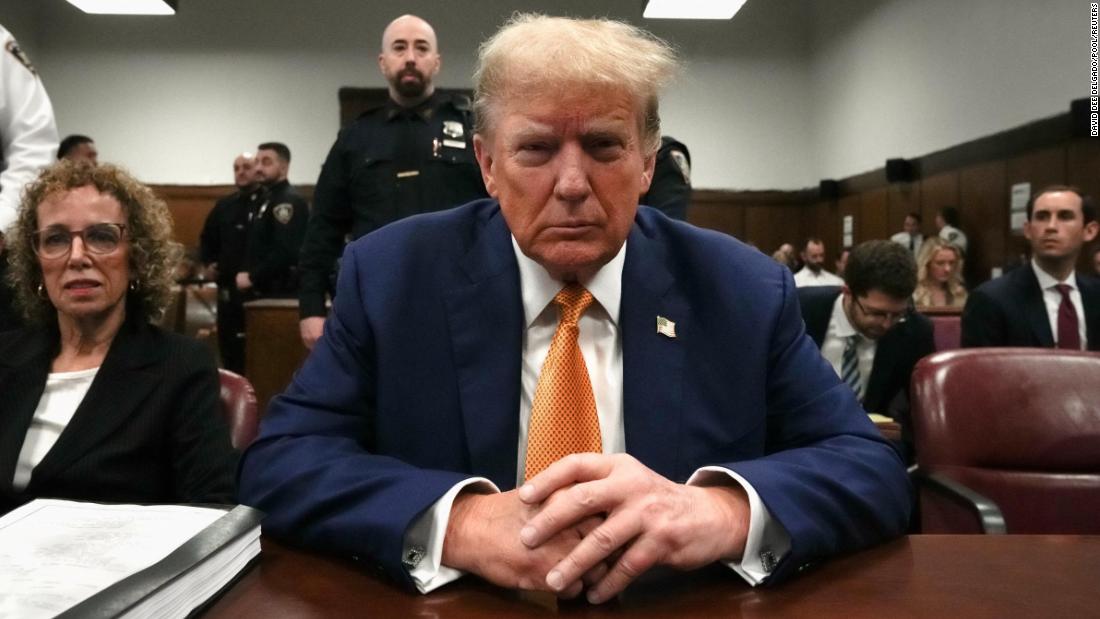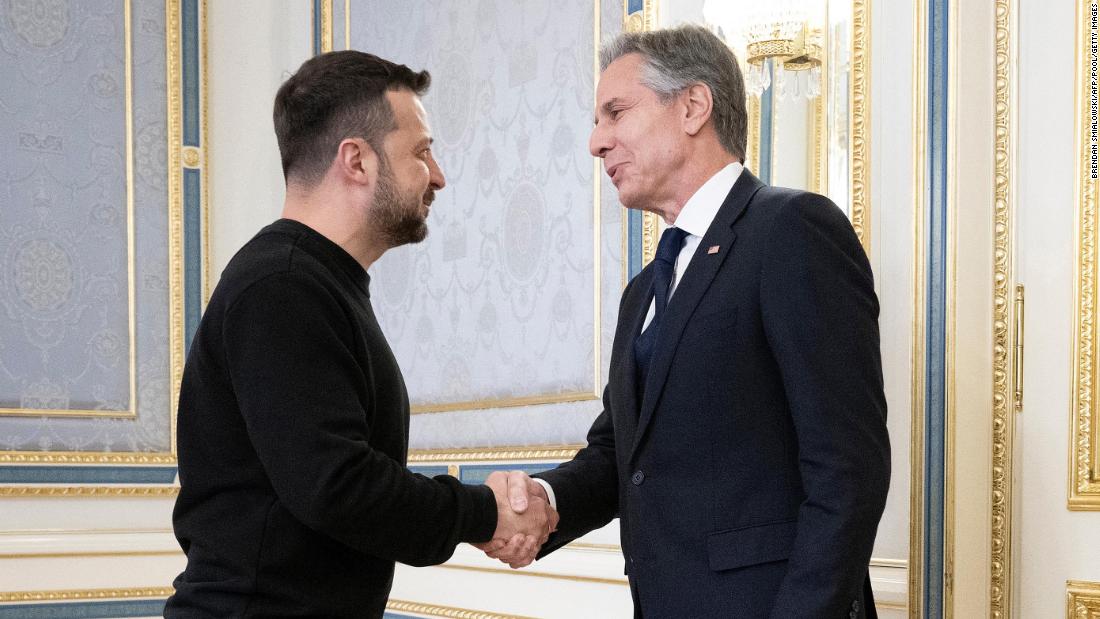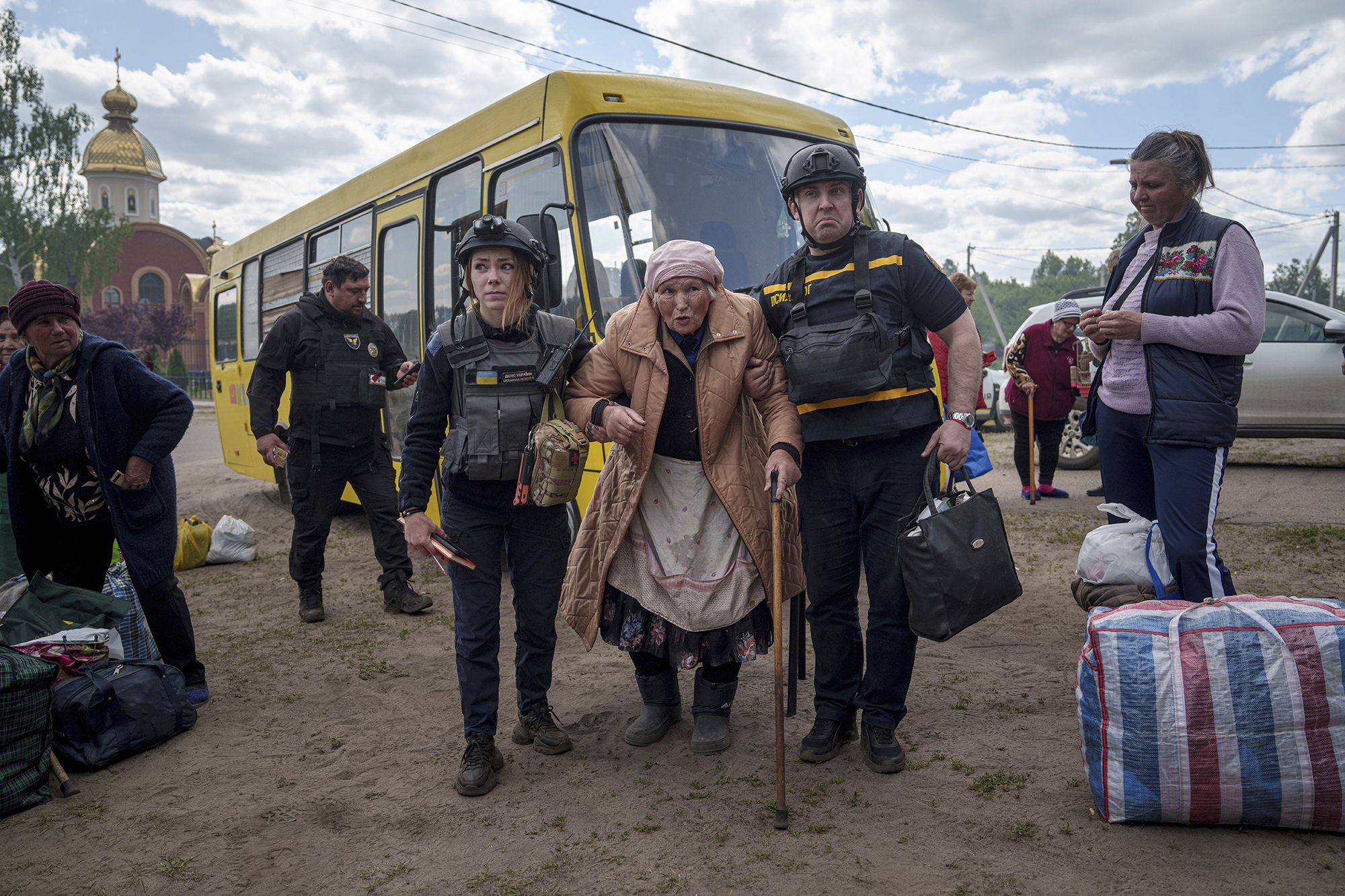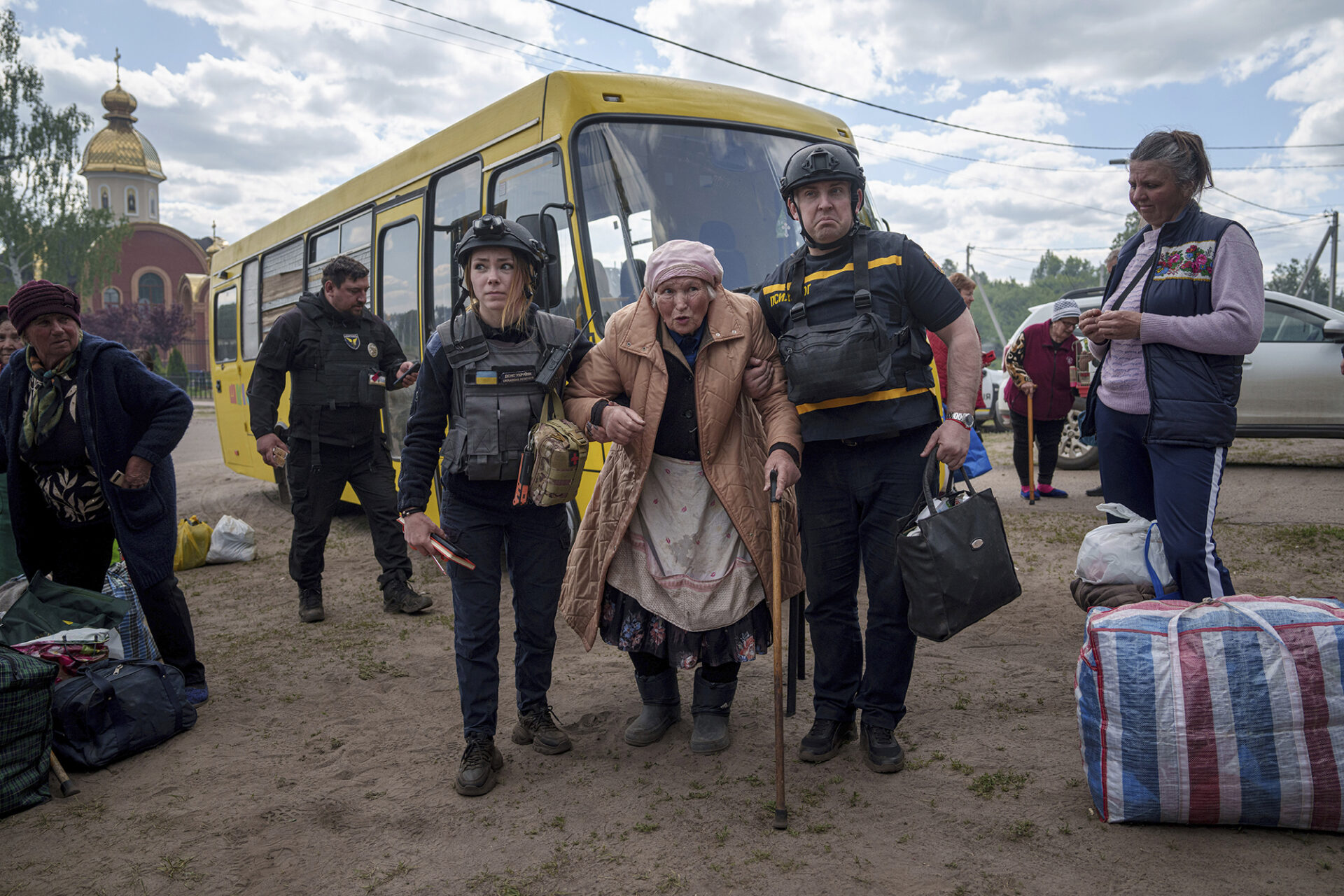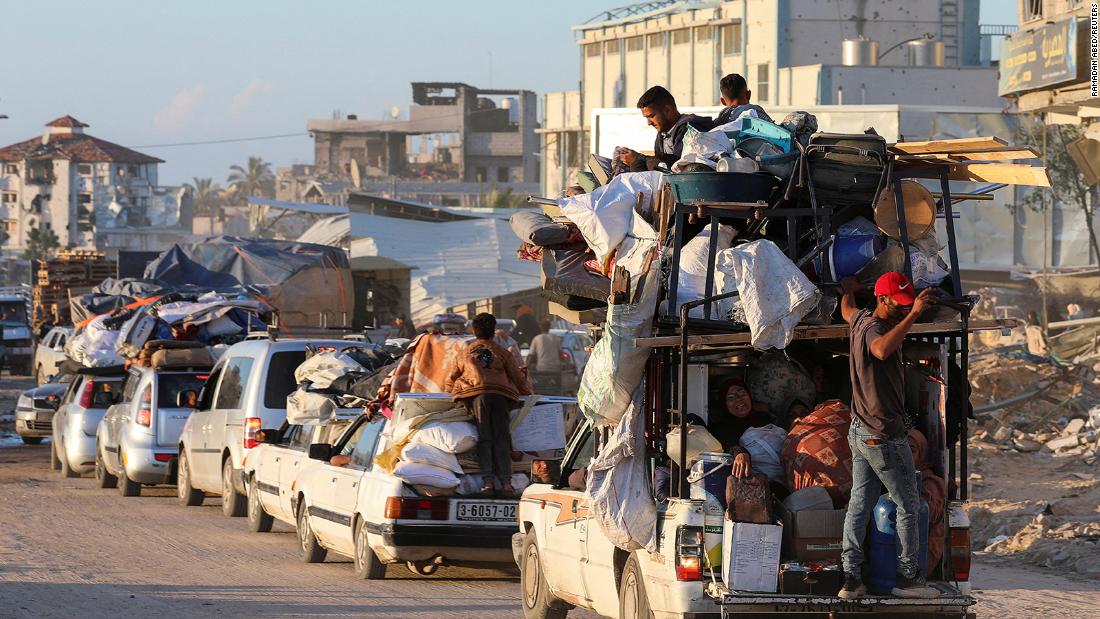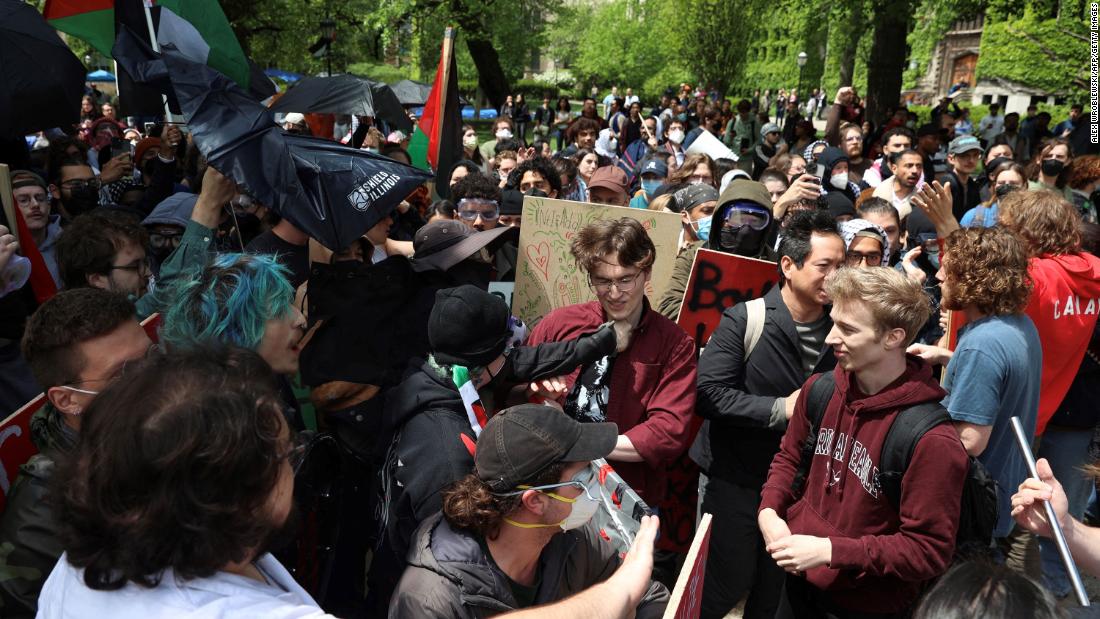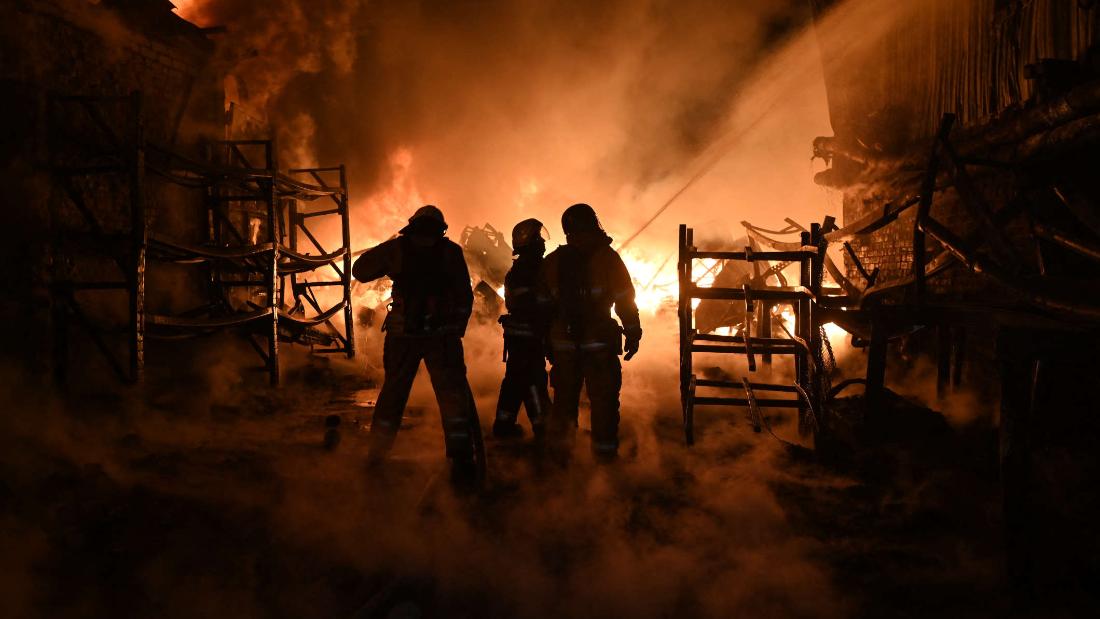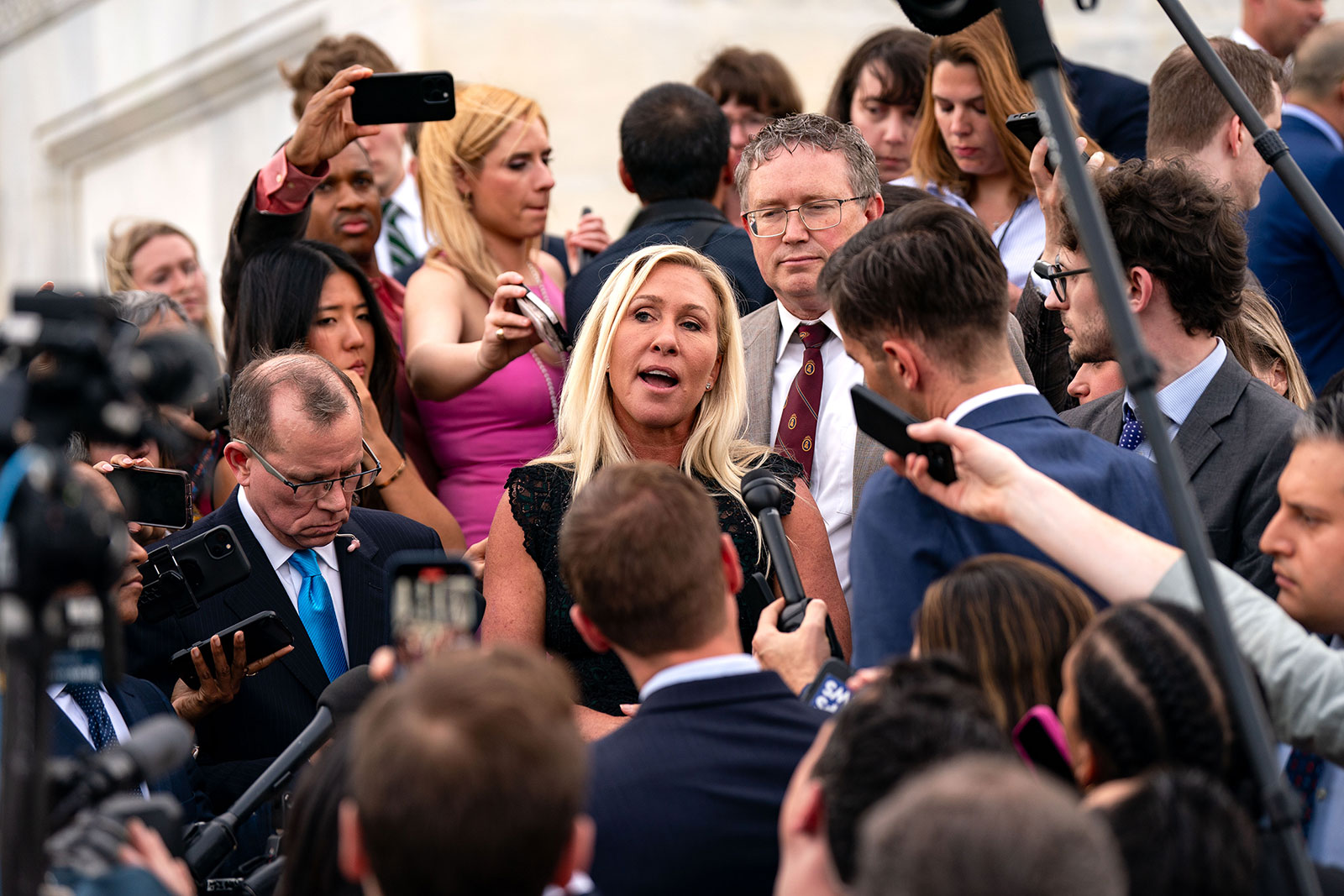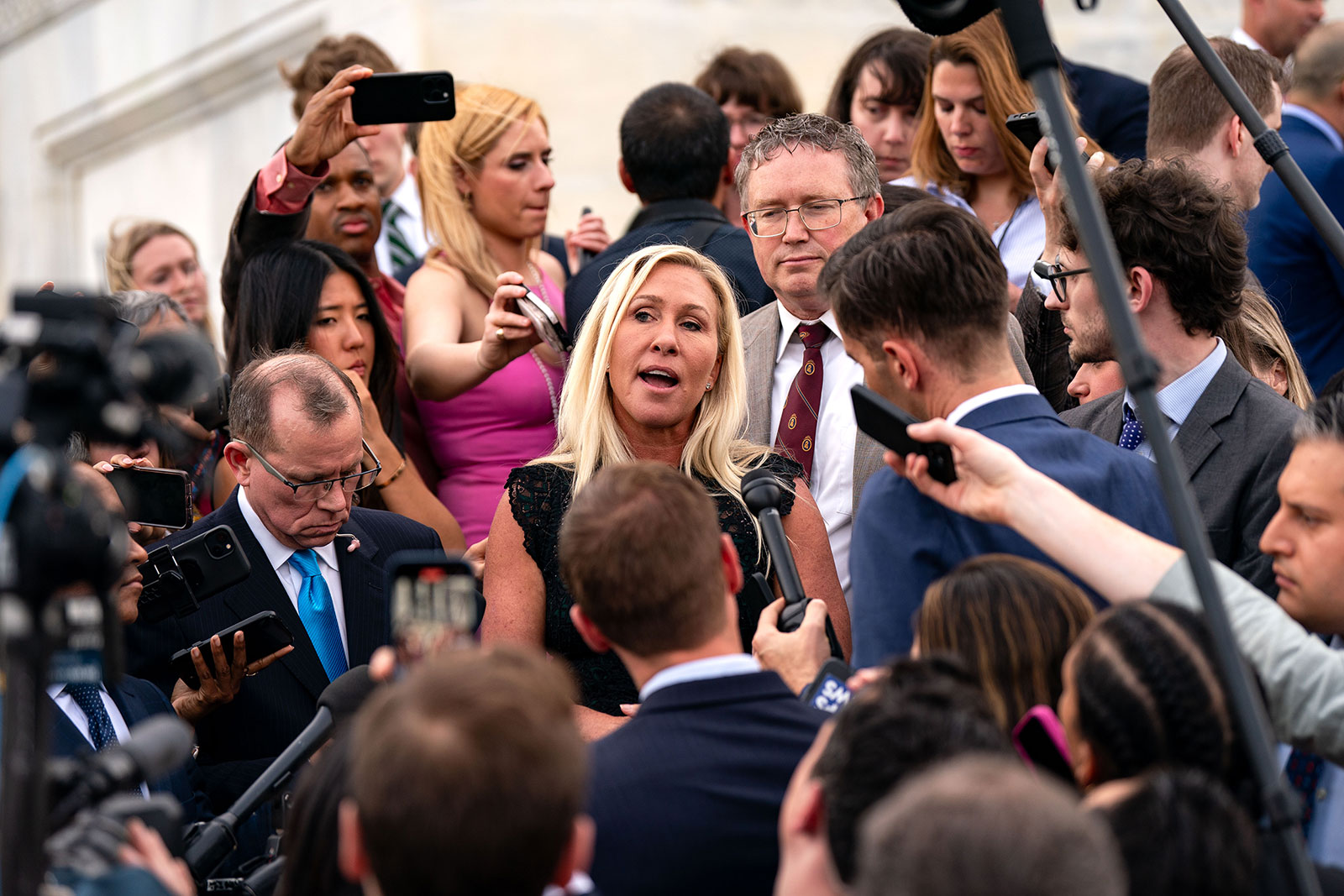
Ahed Bseso lay on the kitchen table in her home in Gaza, watching as her uncle amputated her wounded right leg. Standing by, her mother cried, “Ahed is dead!”
But 18-year-old Bseso was very much alive, and she survived to tell her story from a hospital in Greenville, South Carolina.
Bseso said that on December 19, she went to the top floor of her house in Gaza to get a phone signal when an Israeli tank outside fired at her building. It destroyed part of her home’s wall, which came crashing down on her leg, along with heavy debris. With her neighborhood under siege and no possibility of medical attention, her uncle, who used to work as an orthopedic surgeon, used kitchen supplies to amputate her leg below the knee and dress it with unsterilized gauze.
“For four days, I couldn’t leave the house because the Israelis wouldn’t let me,” she told CNN through a translator, at the Shriners Children’s hospital. “There was no medication I could take to inhibit the pain or to help me with my condition. So, I just sat in agony for four days.”
A video of her amputation went viral and caught the attention of the Palestine Children’s Relief Fund (PCRF), a US organization that provides free health care to thousands of injured and ill Palestinian children in the Middle East. The organization worked for weeks to bring her to the US for medical care, according to Tareq Hailat, head of the Treatment Abroad program at PCRF.
She is one of three Palestinians who received PCRF’s help to come to the US for leg injury treatment.
At least 1,000 children in Gaza have had one or both legs amputated, UNICEF reported in December. Though he couldn’t give an exact figure, UNICEF spokesperson Joe English told CNN that the number has since grown.




